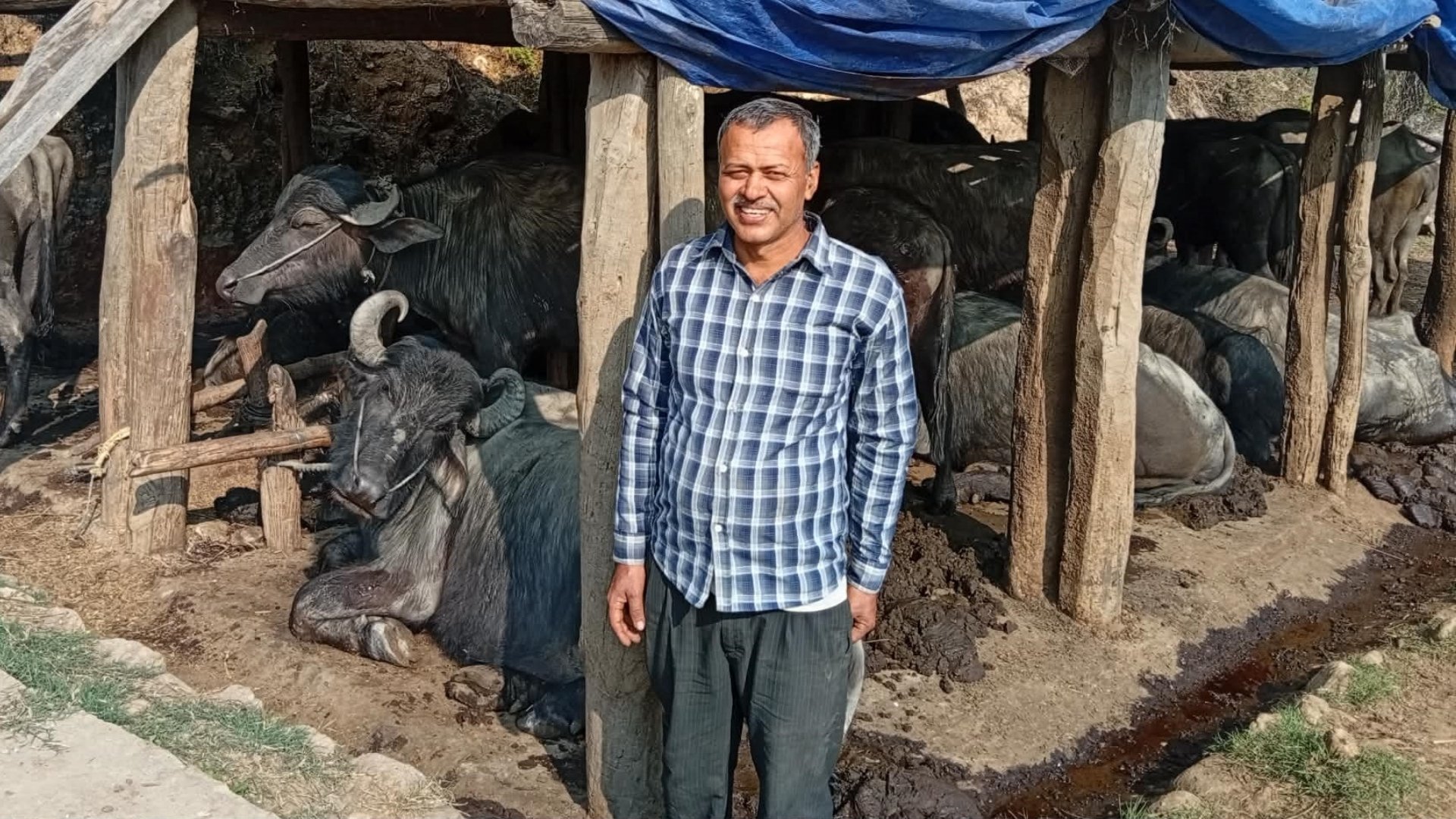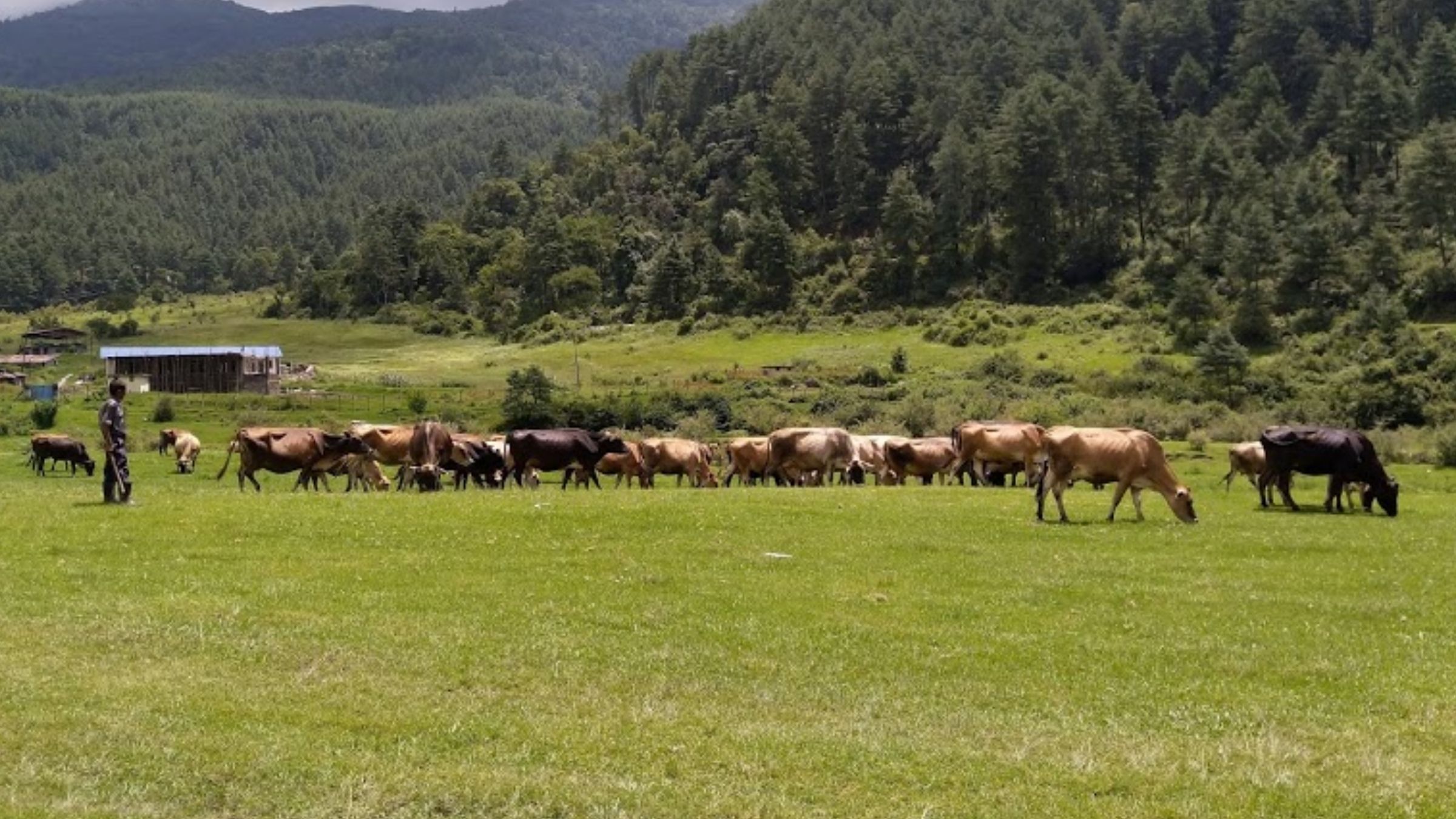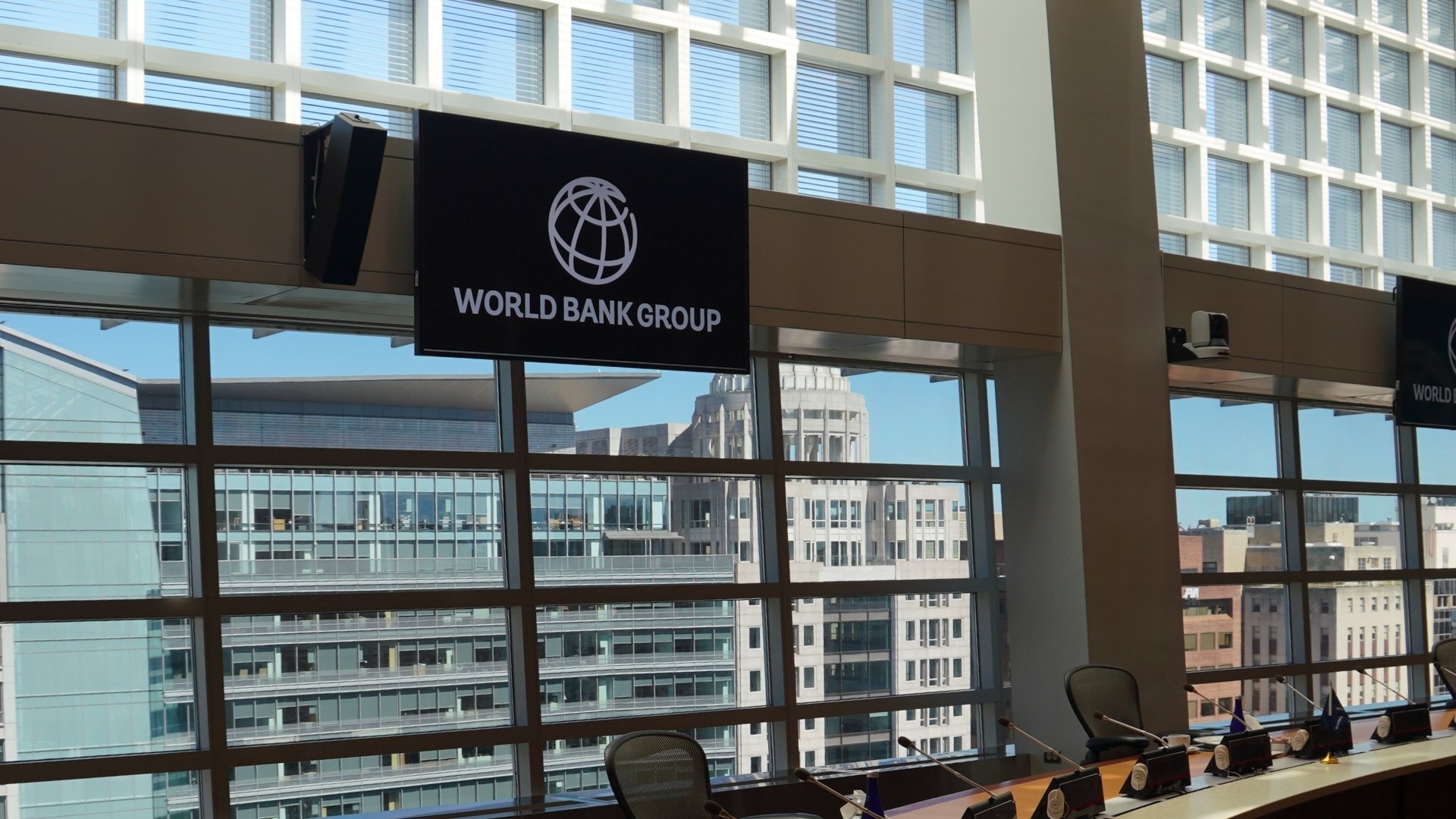Taxation emerges as a critical tool that enables and encourages the expansion of MSMEs amid the difficult economic climate.
In this blog, we’ll provide insights and the importance of taxation for a business to thrive in this competitive market. Read along!
To understand, what are the taxes applicable to your business income and what taxes you have to pay or collect or register when buying goods and services (from raw materials to plant and machinery), read along:
Income Tax
Income tax is a type of direct tax that is levied on both an individual’s income and business profits. Businesses in Nepal, including MSMEs, must pay income tax based on how much profit they make over a fiscal year. The company’s yearly revenue has an impact on the income tax rate. The standard corporate tax rate in Nepal is 25%.
According to section 2(4), Schedule 1 of the Income Tax Act of 2002 (ITA), some industries, like banking, are subject to a higher tax rate of 30% while others, like hydropower, benefit from a concessional tax rate of 20%.
For MSMEs, there are certain benefits from the government through income tax exemptions and reduced rates, which encourage business growth and investment.
For instance, if you are a small business with a turnover of up to Rs 30 lakhs (three million rupees), your business will be eligible for presumptive taxation for small business. Read here to understand it.
Value Added Tax (VAT)
Value Added Tax is a consumption-based tax imposed on the sale of products and services at each stage of the manufacturing and distribution process which encourages supply chain transparency. Read here how.
The Government of Nepal receives a sizable portion of its revenue from the value-added tax (VAT), which is levied on both imported and locally produced goods and services. MSMEs are required to register for VAT if their yearly revenue exceeds the cap imposed by the government.
The current threshold for VAT registration is Rs. 2 million. But there are other criteria too.
VAT is borne by the end consumer which makes sure that all businesses are responsible for collecting the VAT. As a business, you don’t have to pay VAT unless you are the end consumer. But you will have to register at VAT (and not just PAN) if you are thinking about getting those VAT returns.
Also, even for businesses that are the end consumers in themselves, there are exemptions granted by the government to specific industries. So don’t forget to consult with a tax consultant when you are registering your business.
You can find more about VAT here.
Excise Duty
Excise duty is an indirect tax assessed on particular products that are produced, imported, or sold domestically. It mostly applies to products like cigarettes, alcoholic drinks, and particular petroleum products.
MSMEs must abide by the regulations governing excise duty when producing or selling excisable products. Excise duty revenue goes into the government’s books and is used for a range of developmental initiatives. Excise duty must be collected in any given year on any product or service under the Excise Duty Act, 2058 (2001), and the Rules made under the Act. The rates of excise tax are specified in Section 3 of the Act.
Custom Duty
Custom Duty is an import tax levied on merchandise coming into the nation. It is assessed based on the value of the imported items at customs where the fiscal policy introduced each year (through budget) determines the rate based on the nature of the goods being imported. For instance, the rate of custom tax is specified in Section 1 of Schedule 1 of the Finance Act, 2077.
MSMEs are required to pay customs taxes on imported machinery, supplies, and other products. The level of customs duties is estimated based on the principle of protecting domestic industries, encouraging domestic production, and generating revenue for the government.
As an MSME who requires plant and machinery, for instance, food processing machinery, don’t forget to consider custom duties while doing your business evaluation.
Withhold Tax
Certain payments made to non-resident individuals or companies are subject to withholding tax. On dividends issued to non-residents, Nepal resident entities are obligated to withhold a 5% tax. Similarly, a 15% tax is withheld from interest payments made by Nepal resident entities to non-residents. These withholding tax rates ensure that the necessary taxes are deducted at the point of origin before funds are transferred to non-resident individuals or entities.
Other taxes
There are other taxes that you need to pay as well such as business registration taxes at the local level and other taxes (such as road tax and vehicle registration tax) if your business owns a motor vehicle (two-wheeler or four-wheeler).
Business registration taxes depend on the amount of capital investment.
| Capital Investment (NPR) | Registration Fees (NPR) |
| 0-100,000 | 1,000 |
| 100,001-500,000 | 4,500 |
| 500,001-2,500,000 | 9,500 |
| 2,500,001-10,000,000 | 16,000 |
| 10,000,001-20,000,000 | 19,000 |
| 20,000,001-30,000,000 | 22,000 |
| 30,000,001-40,000,000 | 25,000 |
| 40,000,001-50,000,000 | 28,000 |
| 50,000,001-60,000,000 | 31,000 |
| 60,000,001-70,000,000 | 34,000 |
| 70,000,001-80,000,000 | 37,000 |
| 80,000,001-90,000,000 | 40,000 |
| 90,000,001-100,000,000 | 43,000 |
| 100,000,001- more | 43,000 plus NPR 30 per extra NPR 100,000 |
What happens if you fail to pay taxes?
Failure to keep records, non-submission of returns or late submission, non-payment, or underpayment of tax will result in a late fee/interest charge at the prescribed rate. The penalty for filing fraudulent or misleading returns can range from 50% to 100% of the tax loss. Penalties include possible fines and imprisonment for periods of one month to two years.
Importance of taxation for managing your business
Here are some key reasons highlighting the importance of taxation in managing MSMEs in Nepal:
Revenue Generation: Taxation is a primary source of revenue for the government, enabling it to fund essential infrastructure, public services, and development programs. Small enterprises contribute to the country’s economic progress by paying taxes and fulfilling their civic duty.
Legal Compliance: The government’s legal framework is ensured by taxation, which keeps enterprises within it. Businesses can avoid problems by complying with tax laws and paying their taxes on time. It establishes their reputation and integrity, which is crucial for developing enduring connections with clients, partners, and suppliers.
Access to government support: Businesses in Nepal can take advantage of several government support initiatives, incentives, and grants. These initiatives aim to support and foster small business development, innovation, and entrepreneurship. MSMEs can qualify for this support by paying their taxes, which can lead to the provision of resources like training, funding, and mentorship that can help them grow their operations.
Business sustainability and growth: Regular paying taxes exemplifies solid financial management and stability. This can strengthen the company’s reputation, entice new investors, and make it easier for it to obtain financing from banks and other financial institutions. Furthermore, by tracking their revenue, costs, and profitability, MSMEs can make wise decisions and develop strategic plans. This is made possible by maintaining correct financial records for tax purposes.
Policy support: Taxation provides a platform for policymakers to design and implement supportive policies for MSMEs.
To promote growth, encourage investment, and inspire innovation, governments might provide tax incentives, exemptions, and reductions. These incentives can consist of reduced tax rates, streamlined tax filing processes, and exclusive deductions for MSMEs.
But if you haven’t formalized your business or don’t have a proper tax record, it can get difficult for you to access government-funded programs or loans from banks or business investments in the future.
But if you think your business or the industry is held back by certain taxes, for instance, coffee processors often argue that high custom taxes on coffee bean processing machines make them less competitive, make sure that you bring it to the government’s notice through collective voices.
Therefore, a well-designed and effectively managed tax system is crucial to create an environment where MSMEs can thrive and support Nepal’s economic development.
















